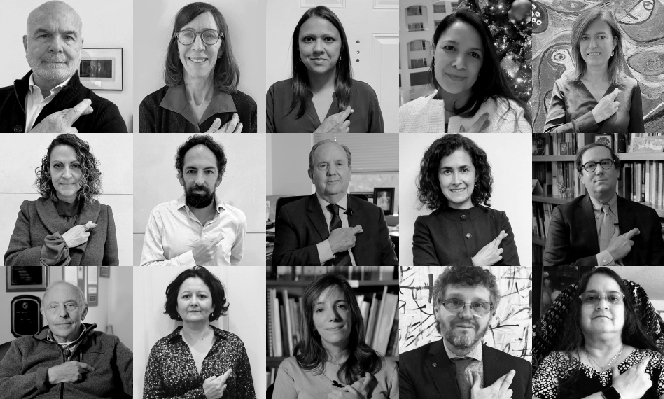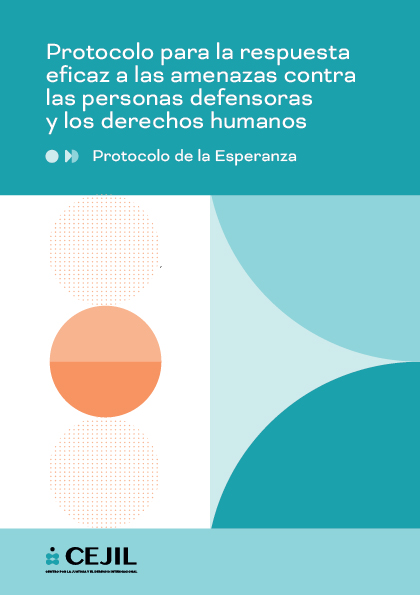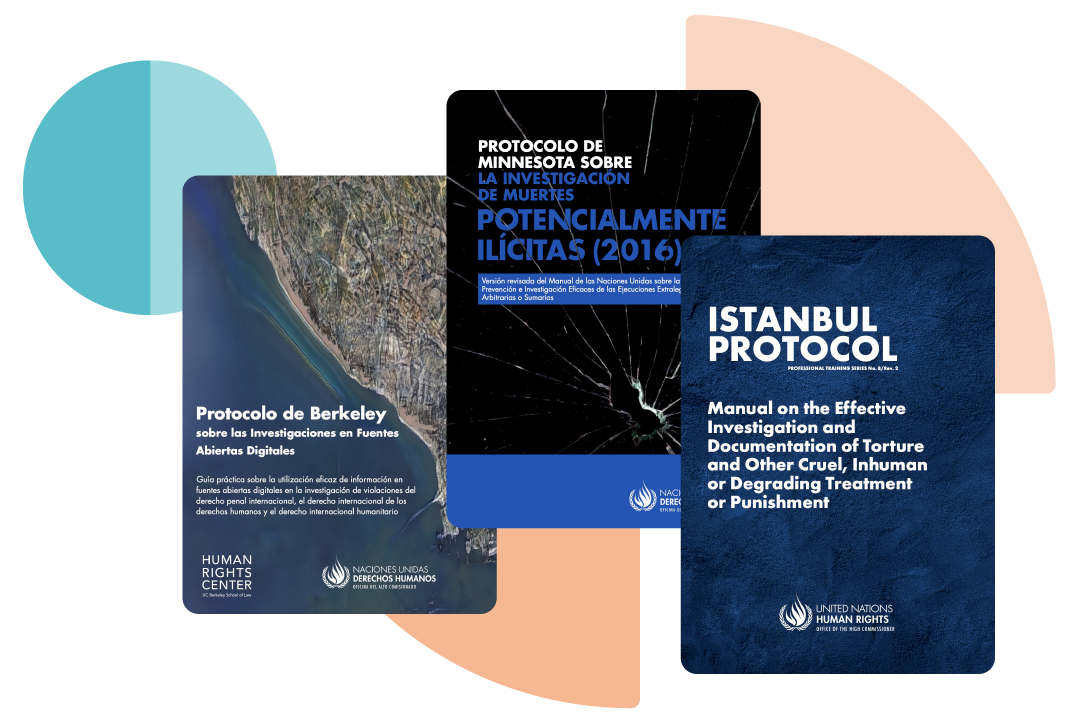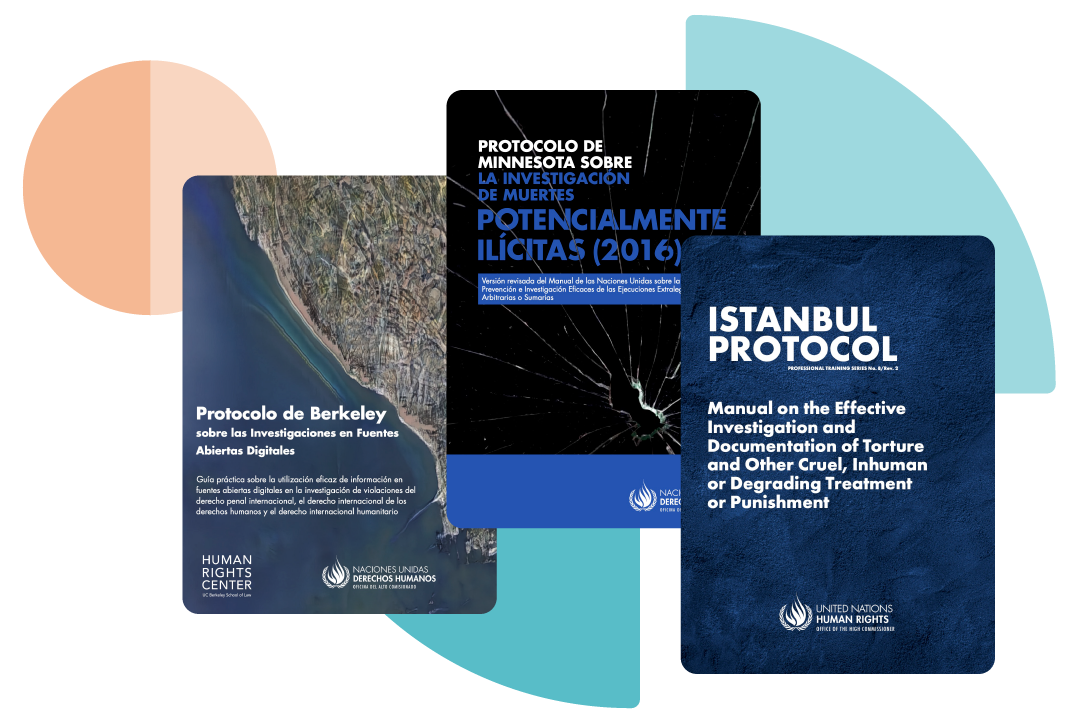Protocol for an Effective Response to Threats AgainstHuman Rights Defenders
The Esperanza Protocol
The Esperanza Protocol
(PLE, by its Spanish acronym)
Protection for Human Rights Defenders
PLE Guidelines
The PLE establishes guidelines based on international law to address threats and support public policies, investigation, prosecution, and sanction.
Development Process
The PLE is the result of a five-year global process that included workshops, specialized committees, and research.
Consultation and Participation
More than 600 human rights defenders, experts, judges, prosecutors, and UN and OAS mandate holders participated in the consultation process for its adoption.
Tribute to Berta Cáceres
The PLE honors Berta Cáceres, a Honduran human rights defender who was assassinated after receiving threats that were not investigated. It is named after her hometown, La Esperanza.
The Esperanza Protocol
The first international tool providing public policy guidelines for diligent criminal investigations.
Human rights defenders play a crucial role in ensuring that governments uphold their national and international human rights commitments. They advocate for the rights of all people. However, the threats they face hinder their ability to carry out their work and lead a dignified life.

The Esperanza Protocol
Support and Sign
The Esperanza Protocol is backed by experts, professionals, and human rights defenders, as well as local and international organizations, academics, and specialists in the field. It also has the support of current and former officials from regional and international human rights bodies, among others.

Documents
Download the Protocol
English version
See available downloads
in other languages


Documents
Other Resources
In this section, you will find key information and essential tools for documenting, investigating, and preventing serious human rights violations.
The Esperanza Protocol
Who We Are
For thirty years, CEJIL has worked side by side with human rights defenders who stand up against and confront serious human rights violations. CEJIL’s contributions to the development of legal standards and its collaboration with the universal and inter- American systems, academia, and key actors in the justice system place it in a privileged position to lead this initiative. By bringing together diverse perspectives, CEJIL aims to develop innovative and proactive structural strategies for the protection of human rights defenders worldwide.
Multiple individuals and human rights organizations recognize the urgent need to address threats and impunity from new angles. In recent years, they have come together to work through a series of committees, contributing to this initiative.